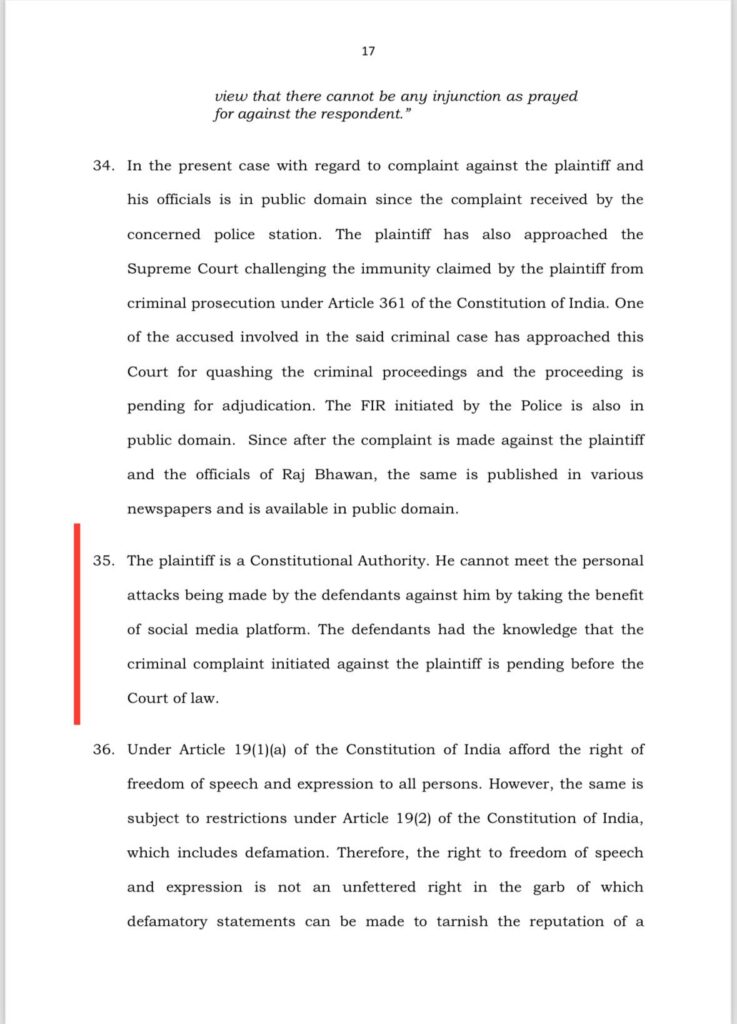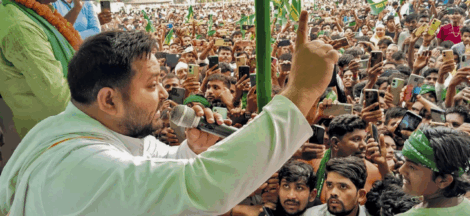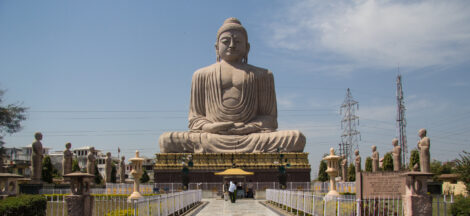The Calcutta High Court has ruled that West Bengal Chief Minister Mamata Banerjee’s statements, which prompted a legal complaint from Governor CV Ananda Bose, do not constitute defamation. This decision comes after a legal battle where Bose alleged that Banerjee’s remarks undermined his reputation.
The court’s judgment dismisses Bose’s claim that Banerjee’s statements were aimed at tarnishing his image. The Governor’s legal team had argued that Banerjee’s comments were derogatory and intended to harm his standing. However, the High Court found that the statements in question did not meet the threshold for defamation.
Mamata Banerjee’s statements, which were made in the context of political discourse, have been defended as being within her rights as a public official expressing her views. The Chief Minister’s legal representation asserted that the remarks were intended to critique policy decisions and governance issues rather than to personally malign the Governor.
This ruling underscores the judiciary’s role in balancing freedom of expression with defamation laws. The court’s decision is significant in the context of ongoing political tensions and the scrutiny of public officials’ statements. The judgment highlights the challenges in proving defamation, particularly when statements are made in a political or public domain.
The case has been closely watched as it involves prominent figures and touches on sensitive issues of governance and public discourse. The legal battle has also sparked debates on the boundaries of political speech and the extent to which public officials can be held liable for their statements.
Governor Bose, who had sought legal recourse, now faces the task of addressing the court’s findings and deciding on any further steps. Meanwhile, Mamata Banerjee’s office has welcomed the court’s decision as a validation of her right to speak freely within her role.
This development is expected to influence future cases involving defamation and political speech, setting a precedent for how such issues are adjudicated in the Indian judicial system. The implications of this ruling may extend beyond this particular case, shaping how political discourse is managed and how defamation claims are evaluated in the context of public commentary.




 Mamata Banerjee Criticizes MEA Over Refugee Remarks
Mamata Banerjee Criticizes MEA Over Refugee Remarks 